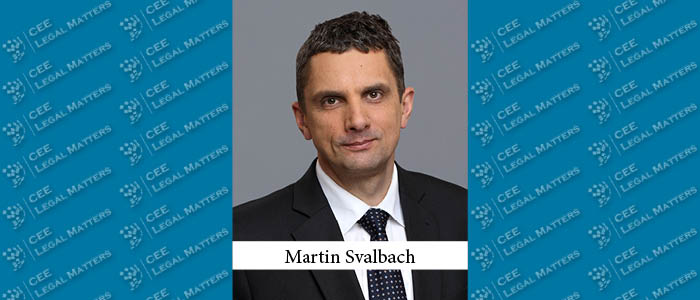The Czech Republic is one of the first countries to have commenced the implementation process of a top-up tax into the tax system. The Czech Top-Up Tax Act is a transposition of an EU Directive (Council Directive 2022/2523 of December 14, 2022) and is based on the OECD BEPS project Pillar Two initiative. It is definitely worth becoming acquainted with the basic principles of this new tax.
The primary motivation for this initiative is the minimalization of “unhealthy” competition among tax jurisdictions to lower their domestic corporate tax liabilities in order to attract foreign groups. Based on the consensus achieved among OECD countries, the appropriate effective rate of corporate taxation in a jurisdiction should not be less than 15%.
The basic concept of the top-up tax is the identification of jurisdictions where multinational enterprises achieve a low level of direct taxation. The level of taxation of a group in a jurisdiction is measured by the effective tax rate achieved by the group’s entities in that country. If the effective tax rate of a multinational group’s enterprises is below 15%, this shortage of tax below the effective taxation of 15% is applied to the ultimate parent entity in a portion that corresponds to the ultimate parent entity’s direct or indirect share in the profits of the low-taxed entity. This assumes that the jurisdiction of the ultimate parent company has implemented the top-up tax and the so-called “income inclusion” rule. If this is not the case, or where there is a lower-tier parent entity within the group that has significant minority interests as a result of which the portion of the top-up tax allocated to the ultimate parent would be low, the top-up tax is allocated to this lower-tier parent company.
If this approach does not result in the application of a total top-up tax to the group’s enterprises at the level of the parent entities, the remaining top-up tax is applied to all the group’s enterprises in jurisdictions that have implemented top-up taxes using the so-called “undertaxed profit” rule. A top-up tax so applied is allocated between the group’s entities based on their substance measured by the values of tangible assets and the number of staff.
This approach to the application of the top-up tax has been adopted by the OECD because (i) many multinational groups have their ultimate parent entities in the most economically developed countries where the level of direct taxation of enterprises is relatively high and which jurisdictions are thus motivated to collect the top-up tax, (ii) ultimate parent entities could affect decisions on the allocation of activities among its group entities and in this way affect the overall tax burden on the group, and (iii) data on economic performance of group entities is collected at the level of the ultimate parent entities for the purpose of preparing the groups’ consolidated financial statements that can be used to determine the top-up tax using this system.
Despite this, because corporate tax systems differ substantially between jurisdictions (some offer certain tax benefits to promote certain industries or activities) and organizations of groups of companies differ substantially, the rules for determining the top-up tax are very complex. As a result, the determination of top-up tax liabilities for a group could be quite challenging.
That is why the application of the top-up tax is limited to large multinational groups (with annual consolidated turnover in excess of EUR 750 million). At the same time, government entities, non-profits, and international organizations are excluded from the top-up tax system as they perform public functions and are, as a matter of public policy, subject to low levels of corporate taxation. Among the excluded entities are also investment funds that operate as ultimate parent entities and certain real estate investment vehicles and their particular subsidiaries.
There is also another temporary exemption from the top-up tax rules for multinational groups that are in the earliest stages of their international expansion.
The EU directive and OECD Pillar Two initiative recognize that each implementing jurisdiction will implement the so-called “domestic top-up tax” in order to be allocated a top-up tax from low-taxed domestic businesses. The Czech Republic has made use of this option, as will probably other countries.
It is high time that the groups’ reporting processes be reviewed in order to ensure that the group tax department receives information relevant to the determination of top-up tax liabilities and reporting obligations.
By Martin Svalbach, Head of Tax, PRK Partners




